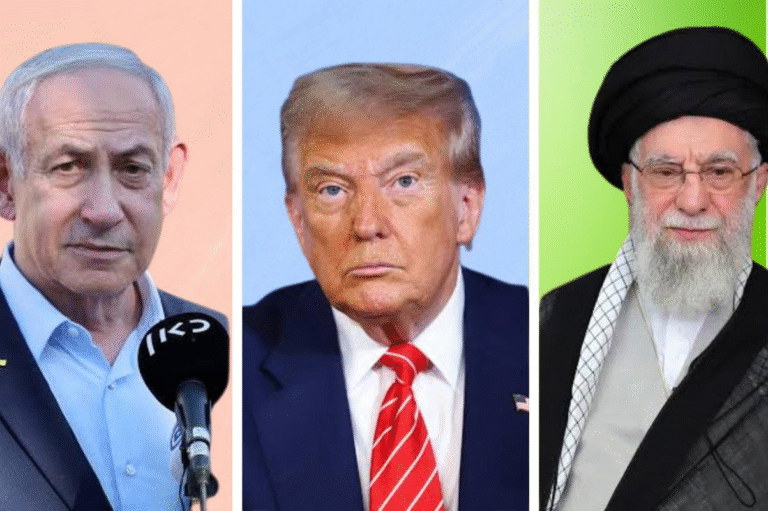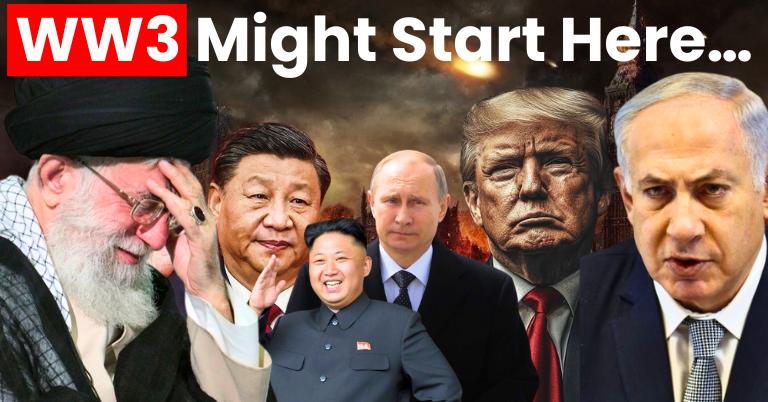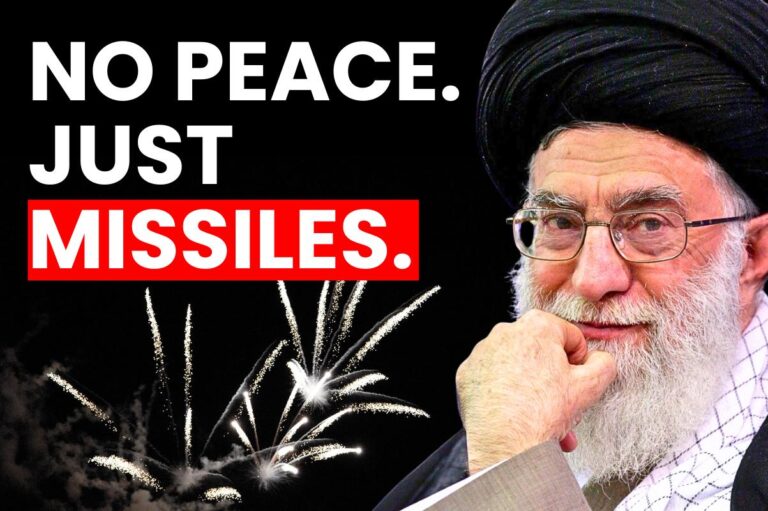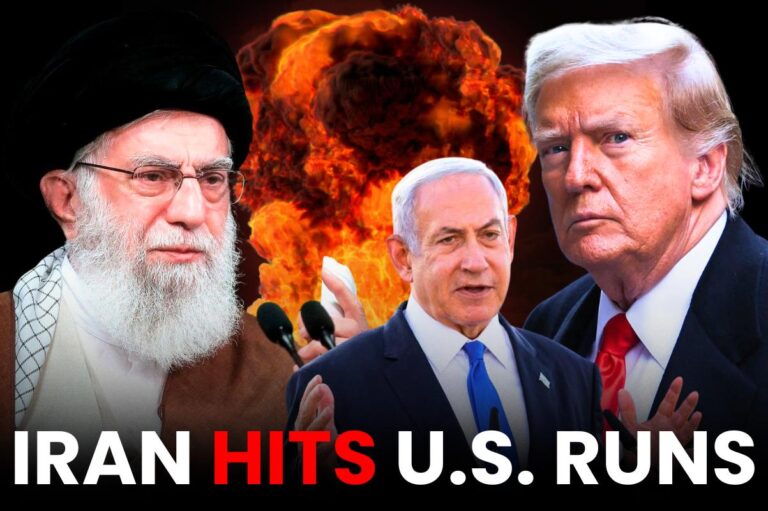Why the Iran-Israel Conflict Could Drag America Into Another War
The Iran-Israel conflict has consistently been a source of instability in the Middle East. Recent escalations raise serious concerns about potential wider involvement, particularly from the United States. As global tensions increase, there is a growing apprehension that this conflict could draw America into another war. In this article, we will delve into the historical background of the Iran-Israel conflict, examine the geopolitical implications, and elucidate the reasons why the United States might find itself drawn into yet another military confrontation in the region.
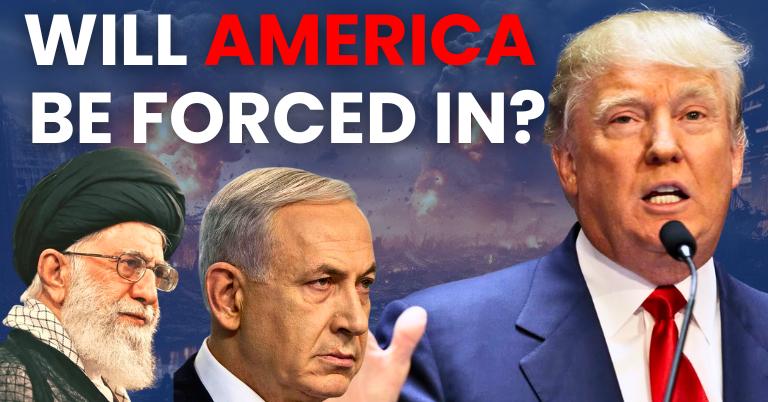
The Root of the Iran-Israel Conflict
A History of Hostility
The Iran-Israel conflict did not appear overnight. Since the 1979 Iranian Revolution, relations between the two nations have been defined by mutual distrust, ideological opposition, and indirect confrontations. Iran’s leadership has consistently opposed the existence of Israel, while Israel views Iran’s nuclear ambitions as an existential threat. Some key moments that deepened the divide-
- 1979 Iranian Revolution: Iran’s new Islamic regime cut diplomatic ties with Israel.
- Hezbollah’s Rise: Iran has backed Hezbollah in Lebanon, which has attacked Israel multiple times.
- Iran’s Nuclear Program: Israel sees this as a red line and has taken covert and military actions to slow its progress.
Why Is the United States Involved?
The United States, one of Israel’s strongest allies, provides billions in military aid and supports its right to defend itself. However, Washington has also long endeavored to prevent Iran from acquiring nuclear weapons through diplomatic means and sanctions. Potential U.S. involvement in this matter stems from several key reasons.
- Defense of Allies: A direct attack on Israel could trigger U.S. support under mutual defense commitments.
- Protection of U.S. Forces: The U.S. maintains military bases throughout the Middle East. Any escalation could endanger American lives and assets.
- Control of Oil Routes: Iran has threatened to close the Strait of Hormuz—a crucial oil shipping route—which would affect global markets and American economic interests.
- Counterterrorism Strategy: Iran’s influence in militias across Syria, Iraq, and Yemen poses a broader threat to U.S. counterterrorism goals in the region.
Escalation Scenarios: What Could Trigger a U.S. War?
Several situations could force America’s hand-
- Iran launching a missile strike directly on Israeli territory.
- Hezbollah (Iran-backed) attacking Israel from Lebanon or Syria.
- Israeli airstrikes hitting Iranian nuclear or military infrastructure, prompting retaliation.
- Attacks on U.S. embassies or bases by Iranian proxies in Iraq or elsewhere.
Each of these actions could rapidly escalate tensions, especially if American lives are lost or allies urgently request military support.
Diplomatic Efforts – Is War Inevitable?
The Role of International Mediation
The United States has attempted various diplomatic avenues, including its participation in the Joint Comprehensive Plan of Action (JCPOA), commonly referred to as the Iran nuclear deal. However, the withdrawal from the agreement in 2018 and the subsequent imposition of sanctions have further strained relations.
Countries such as Russia, China, and members of the European Union also contribute to mediation efforts. Despite the United Nations’ repeated calls for restraint, regional escalations have continued to occur with limited success.
Why This Conflict Matters Globally
A Wider Impact on World Stability
The Iran-Israel conflict isn’t just about two countries. It has implications for-
- Oil prices and global energy markets
- Nuclear non-proliferation efforts
- Regional stability in the Middle East
- Refugee crises and humanitarian concerns
A full-scale war involving the United States could trigger a chain reaction, impacting NATO allies, Gulf nations, and potentially even relations with Russia and China.
“There is zero credible intelligence that suggests Iran is anywhere near building a bomb, or has plans to. None. If the U.S. government knew Iran was weeks from possessing a nuclear weapon, we’d be at war already.”
Tucker Carlson emphasized that Iran’s leaders “learned the obvious lesson” from Libya’s fate after disarmament, Iran’s nuclear posture is one motivated more by strategic deterrence and self-preservation not aggressive weaponization.
“Iran also knows it’s unwise to give up its weapons program entirely. Muammar Gaddafi tried that and wound up sodomized with a bayonet… They know this, which is why they aren’t building one.”
Conclusion
The Iran-Israel conflict, deeply rooted in history, ideology, and geopolitical rivalry, poses a significant threat to the United States. The country’s strategic alliance with Israel and its military presence in the region make it vulnerable to a war if hostilities escalate. The risk of direct military support, protection of regional interests, or retaliation against proxy attacks remains a tangible possibility. To prevent another prolonged U.S. military engagement in the Middle East, continued diplomacy, international cooperation, and strategic restraint are paramount.

